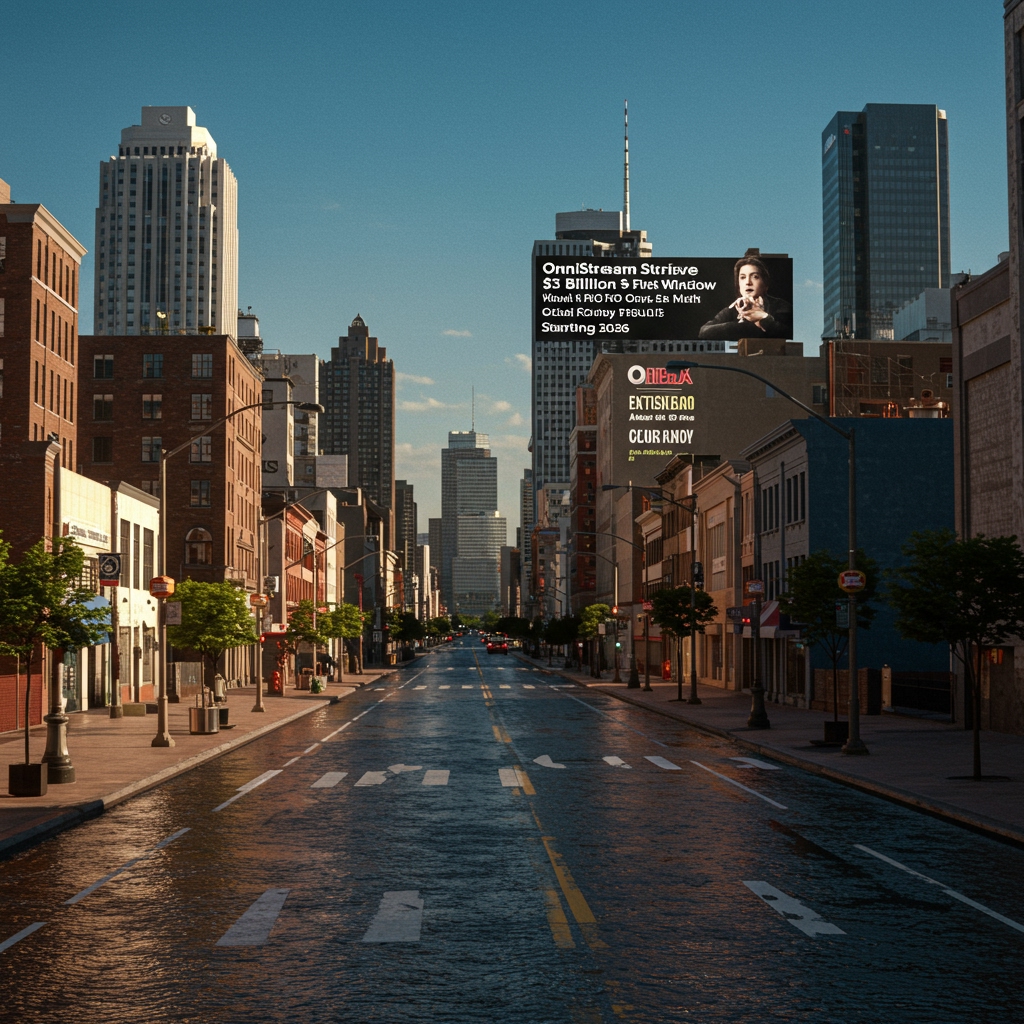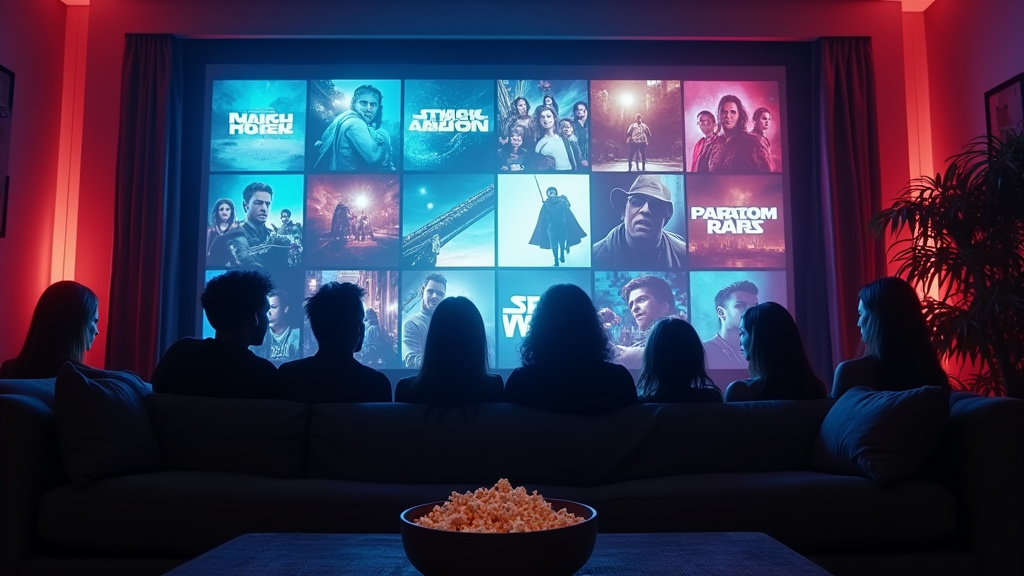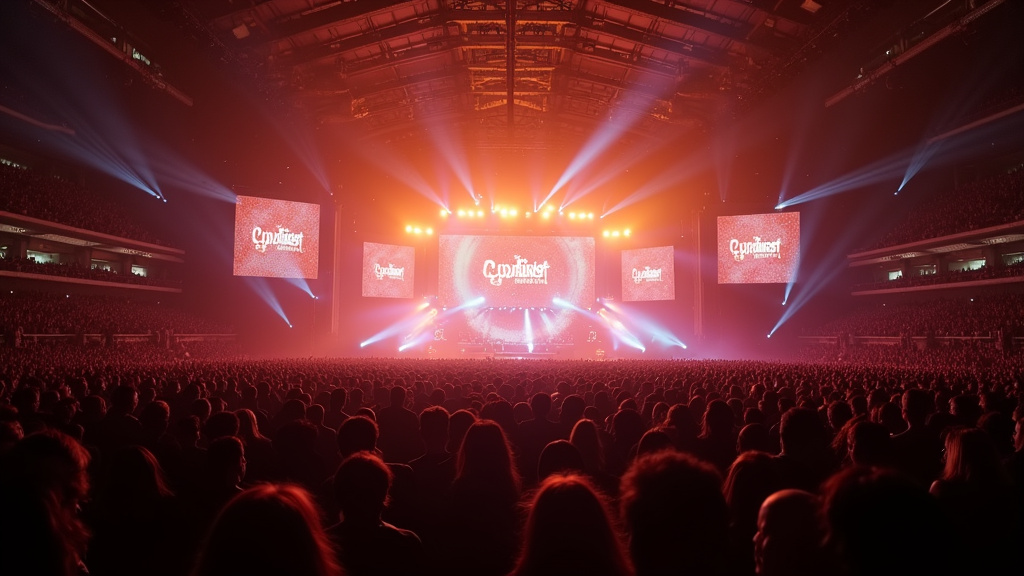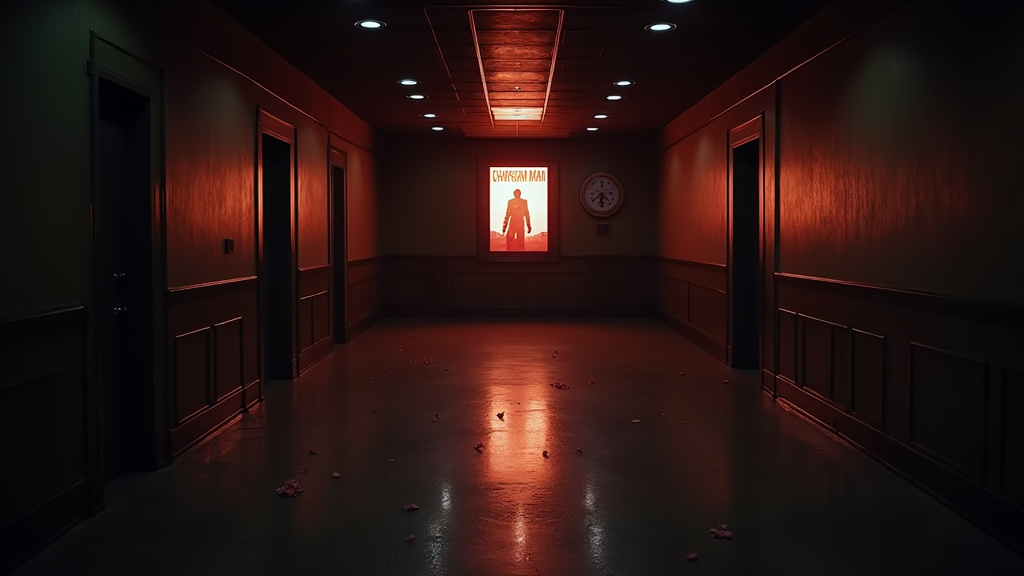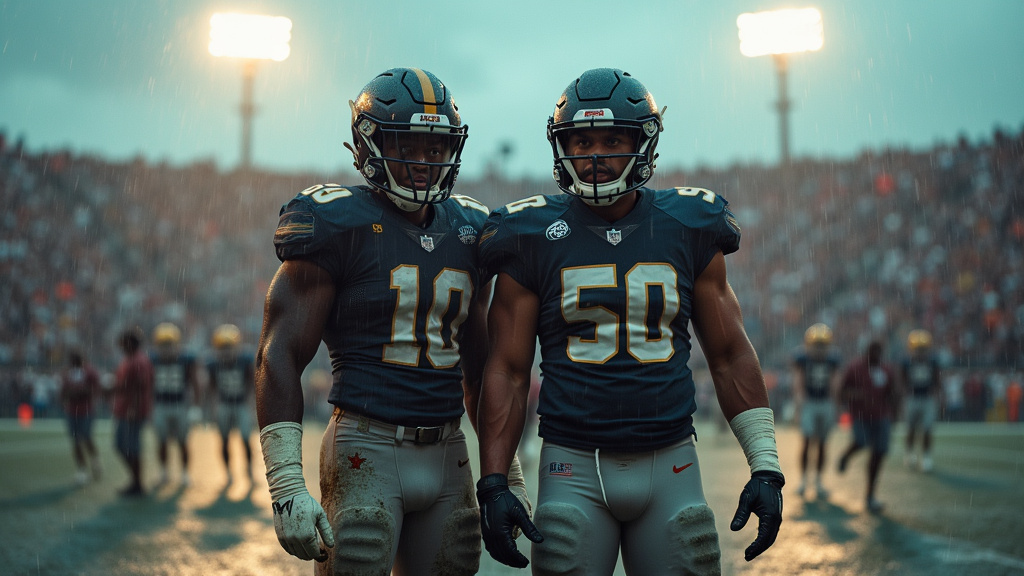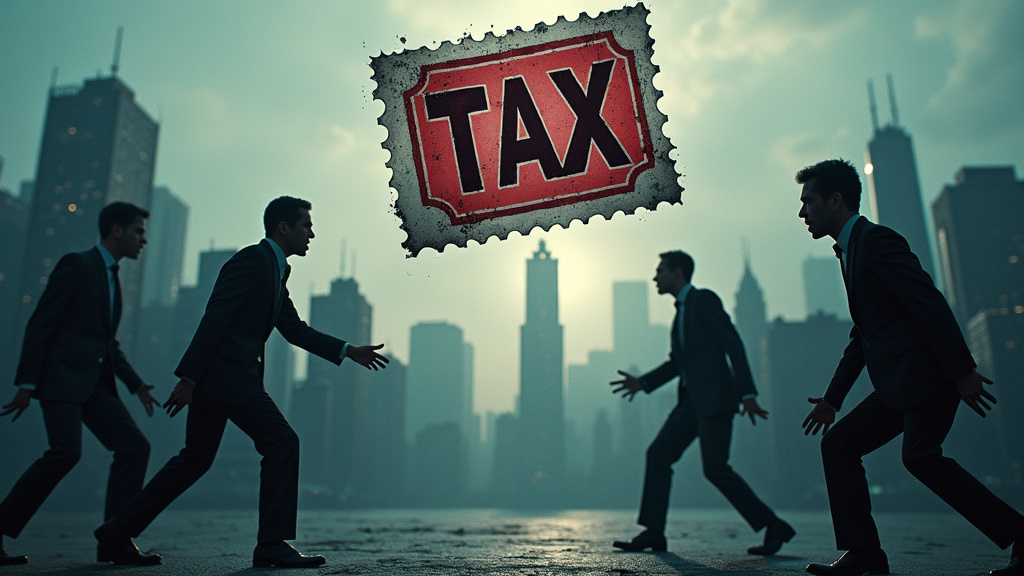Fans are expressing outrage over the escalating cost of attending live music events, with the latest focus centered on the upcoming concert of music icon Paul McCartney. Presale tickets for the September 29th performance have ignited a firestorm of criticism, as many fans find themselves priced out of experiencing the show. This situation highlights a growing trend of exorbitant ticket prices that threatens to put live music events out of reach for ordinary concertgoers.
McCartney’s Pricey Performance
Specific figures have added fuel to the fire. Reports indicate that some presale tickets for McCartney’s concert are being offered at prices exceeding $1,500. Even the least expensive tickets available in the presale are reportedly priced above $800. These figures represent a substantial financial commitment, particularly in a time of economic uncertainty for many potential attendees. The stark reality is that the opportunity to see a legendary artist like McCartney is becoming increasingly exclusive, accessible only to those with considerable disposable income.
The fan reaction has been swift and vocal, with social media platforms buzzing with disappointment and frustration. Many long-time McCartney fans are expressing their sadness at the prospect of missing the concert, while others are questioning the ethics of such pricing strategies. The prevailing sentiment is one of discontent, emphasizing the disconnect between the love of music and the financial burden of enjoying it live.
A Wider Crisis in Affordability
The issues surrounding McCartney’s ticket prices are not isolated incidents. They are symptomatic of a broader crisis in the live music industry, where ticket prices have steadily climbed over the past decade. Several factors contribute to this trend, including increased production costs, artist demand, and the influence of secondary markets and ticket scalpers. The result is that attending concerts of any significant size is becoming a luxury, rather than a readily available experience for a broad audience.
This situation has prompted discussions and debates about the future of the live music industry. Concerns are raised about the long-term effects of pricing, which could deter audiences and diminish the cultural impact of live performances. The trend of increasing prices also raises questions about how to ensure that live music remains accessible to all.
Beyond McCartney: Industry Challenges
The escalating cost of attending concerts isn’t the only challenge facing the music industry. Recent events within the broader entertainment landscape underscore the complexities and potential vulnerabilities. Just days before the commencement of Tomorrowland, one of the world’s largest electronic dance music festivals, the main stage was destroyed. This incident, which, while not directly tied to the pricing issue, adds to the list of hurdles music event organizers and artists are facing. It highlights the inherent risks and logistical complexities of large-scale music events, raising questions about the security and infrastructure that supports the industry.
The Shadow of Streaming and Manipulation
Furthermore, the music industry is also grappling with the issue of streaming manipulation. The industry is embroiled in ongoing discussions about potential crackdowns on practices that artificially inflate streaming numbers. This is of considerable concern, since these activities can unfairly distort the market and undermine the value of authentic music. The potential manipulation of streaming metrics, if unchecked, further erodes consumer trust and could change how artists and companies make money.
The intertwining of these events – high ticket prices, festival mishaps, and streaming manipulation – underscores the need for a comprehensive approach to addressing the challenges that the music industry currently faces. It calls for increased transparency and responsibility from all industry stakeholders. The future of the industry will, in part, depend on its ability to adapt and respond to the evolving needs of artists and fans while ensuring fair practices and affordable access to live music experiences.




